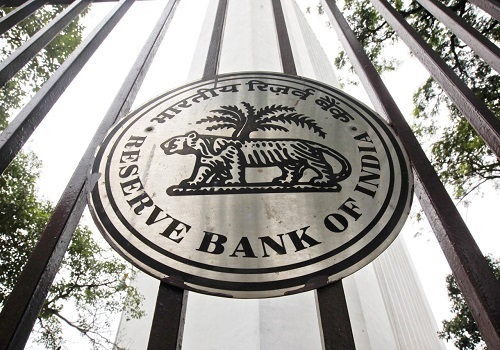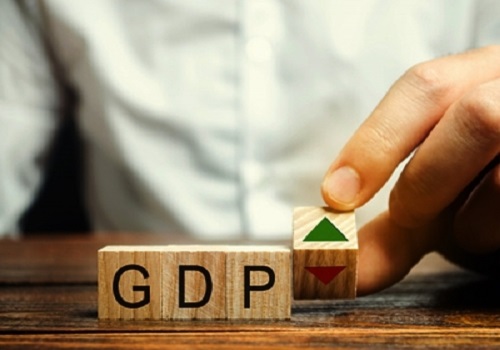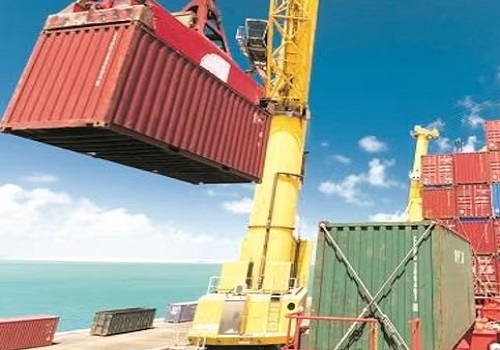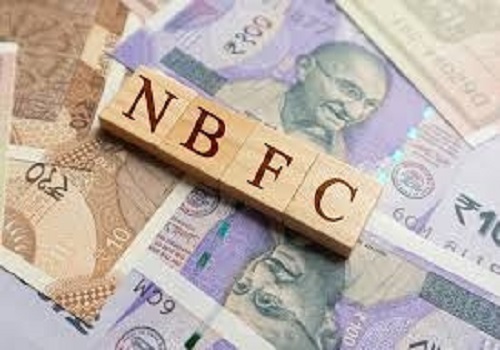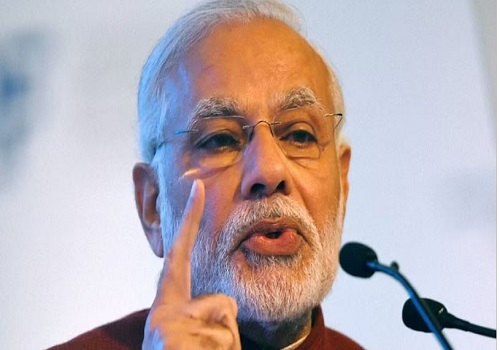Morgan Stanley says RBI likely to hike interest rates if oil soars to $110

Follow us Now on Telegram ! Get daily 10 - 12 important updates on Business, Finance and Investment. Join our Telegram Channel
Leading global investment bank Morgan Stanley expects the RBI to raise interest rates again if the price of crude oil rises to $110 as this would result in an increase in inflation and a spike in the country’s current account deficit.
Since India imports over 80 per cent of its crude oil, the country’s economy is highly susceptible to rising crude prices. A $10 increase in oil prices boosts inflation by 50 basis points and contributes to a 30 basis-point widening in the current account balance, according to a Morgan Stanley report.
“Oil above $110 a barrel would be destabilizing for India’s economy, the investment bank said, resulting in higher domestic fuel prices and second-round inflationary effects. The current account deficit would also likely widen to beyond the comfort level of 2.5 per cent of gross domestic product,” the report states.
“With macro stability indicators stretched under this scenario, we think currency depreciation pressures could rise and lead the Reserve Bank of India to restart its rate hike cycle,” Morgan Stanley’s economists led by Chetan Ahya wrote in a note on Sunday.
The RBI has kept its policy rate on hold this year as it does not want to hurt growth with any increase in interest rates. However, the central bank’s policy is based on a crude oil price of $85 a barrel in the second half of the current financial year.
Morgan Stanley is of the view that if oil prices remain at $95 a barrel, the Indian economy would remain manageable and the RBI would not have to go in for an interest rate hike.
India’s basket of crude oil imports averaged $87.09 a barrel as of November 2, compared with an average of $90.08 a barrel for the full month of October.
The Morgan Stanley report also states that in the upcoming elections, the key risk for India’s financial markets is the emergence of a weak coalition government, “which could result in a pivot back toward redistributive policies at the expense of the focus on boosting capital expenditure and implementing supply-side reforms.”



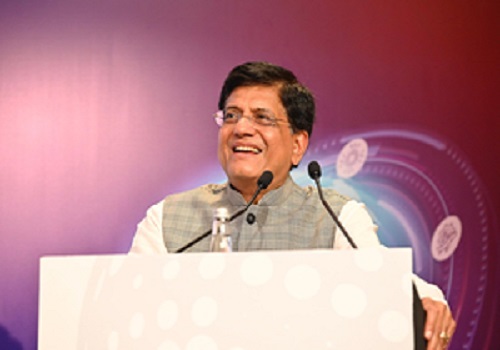

.jpg)







